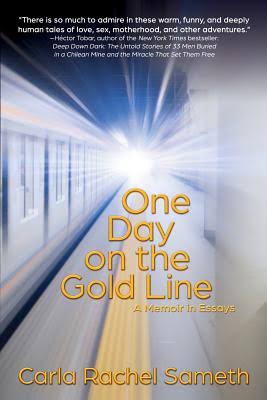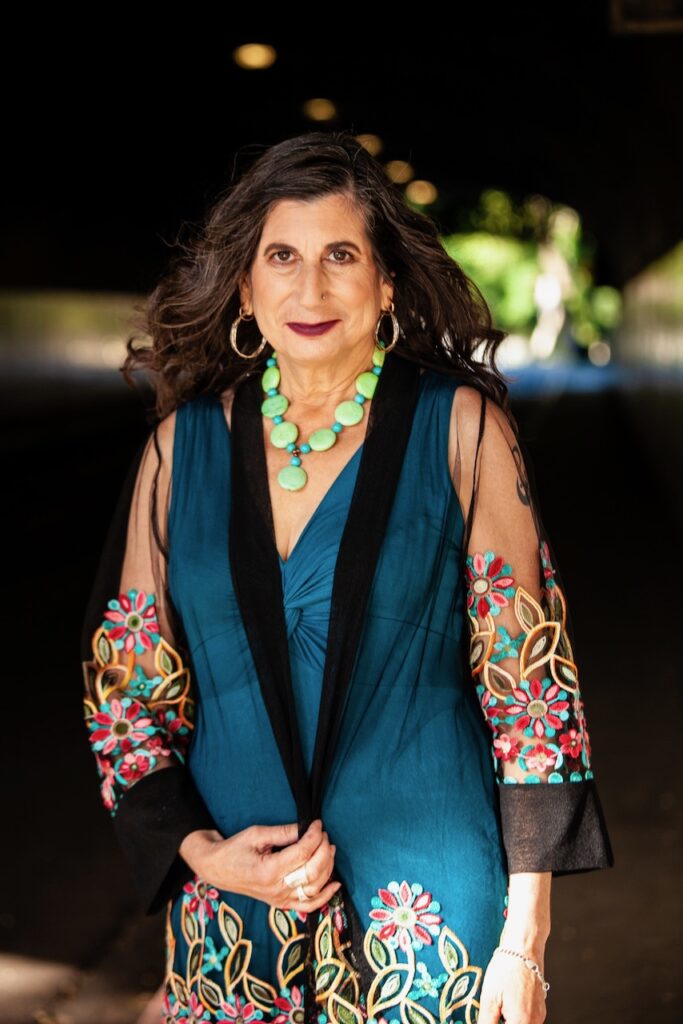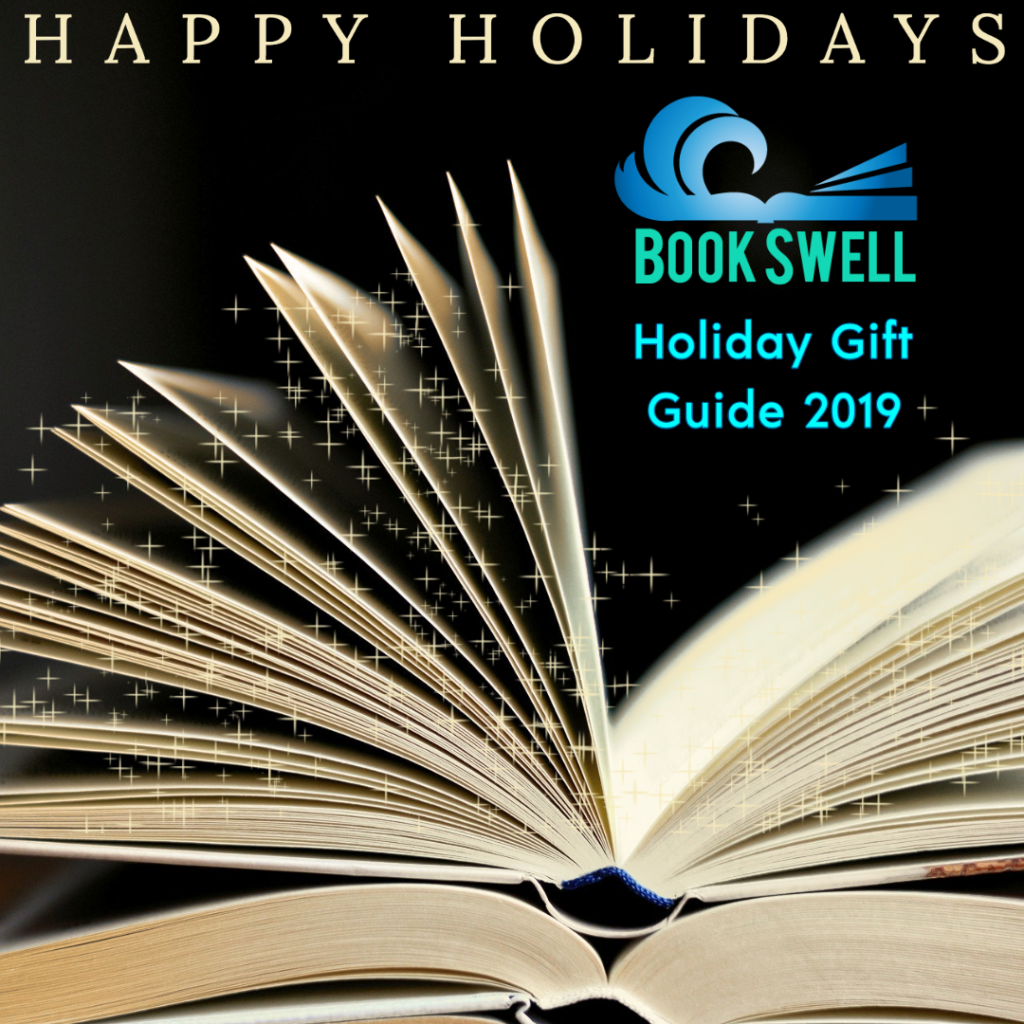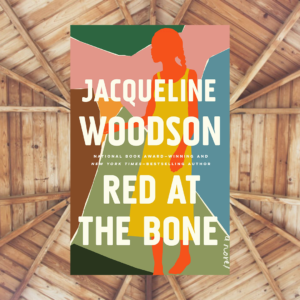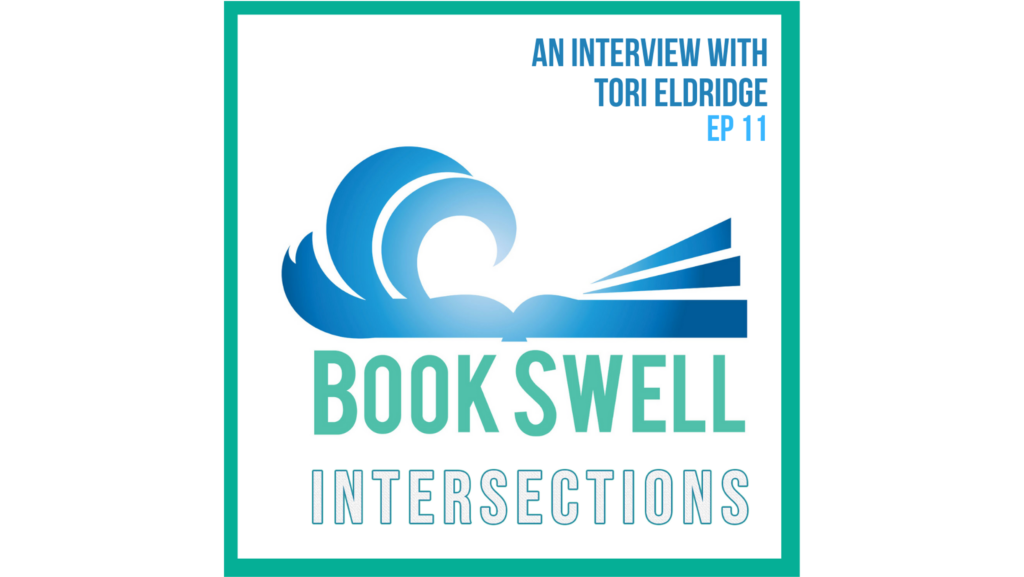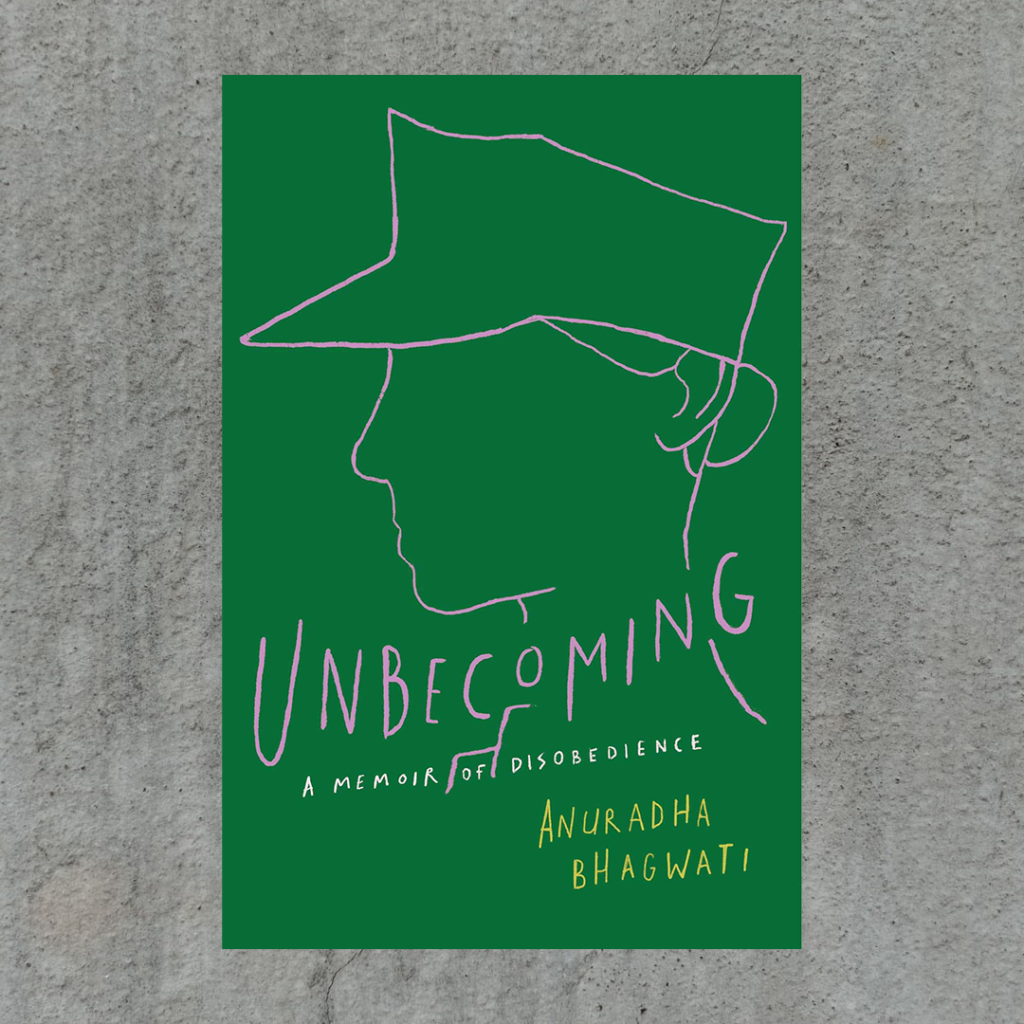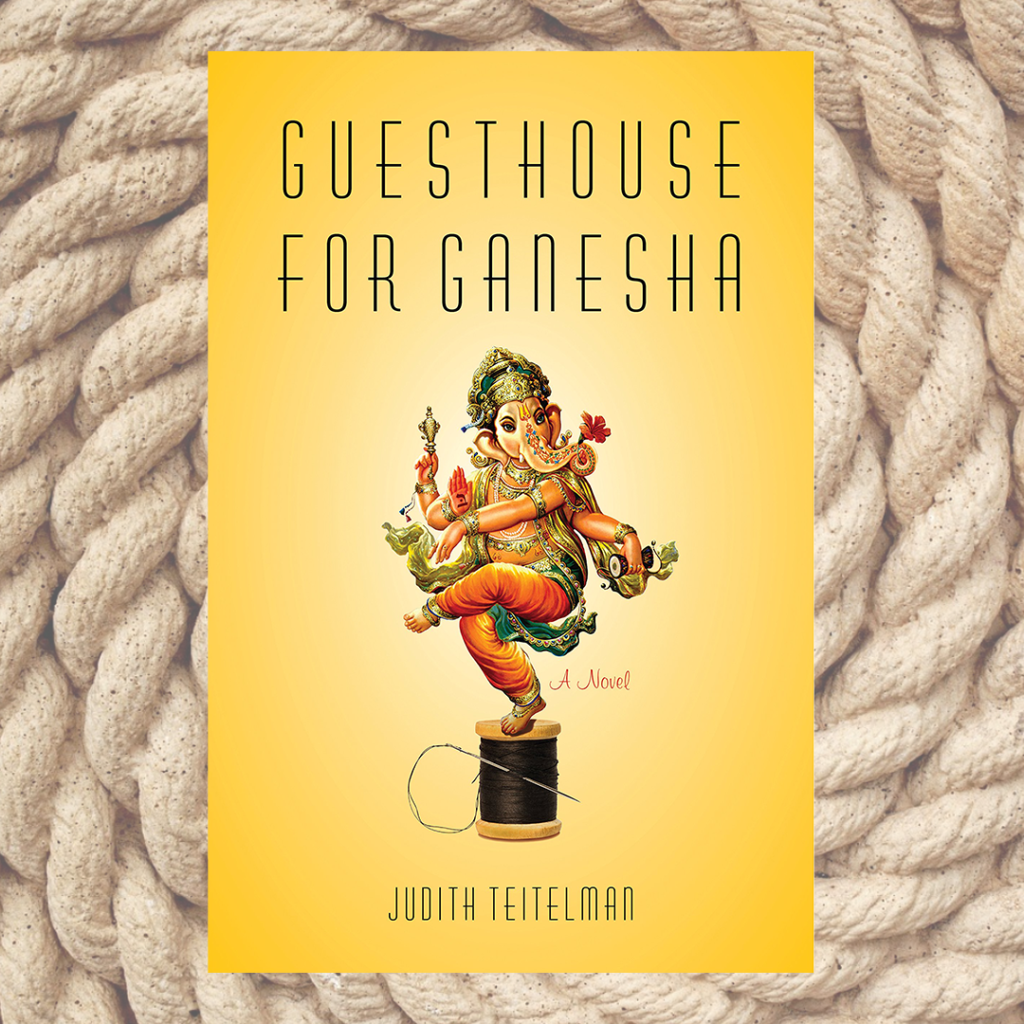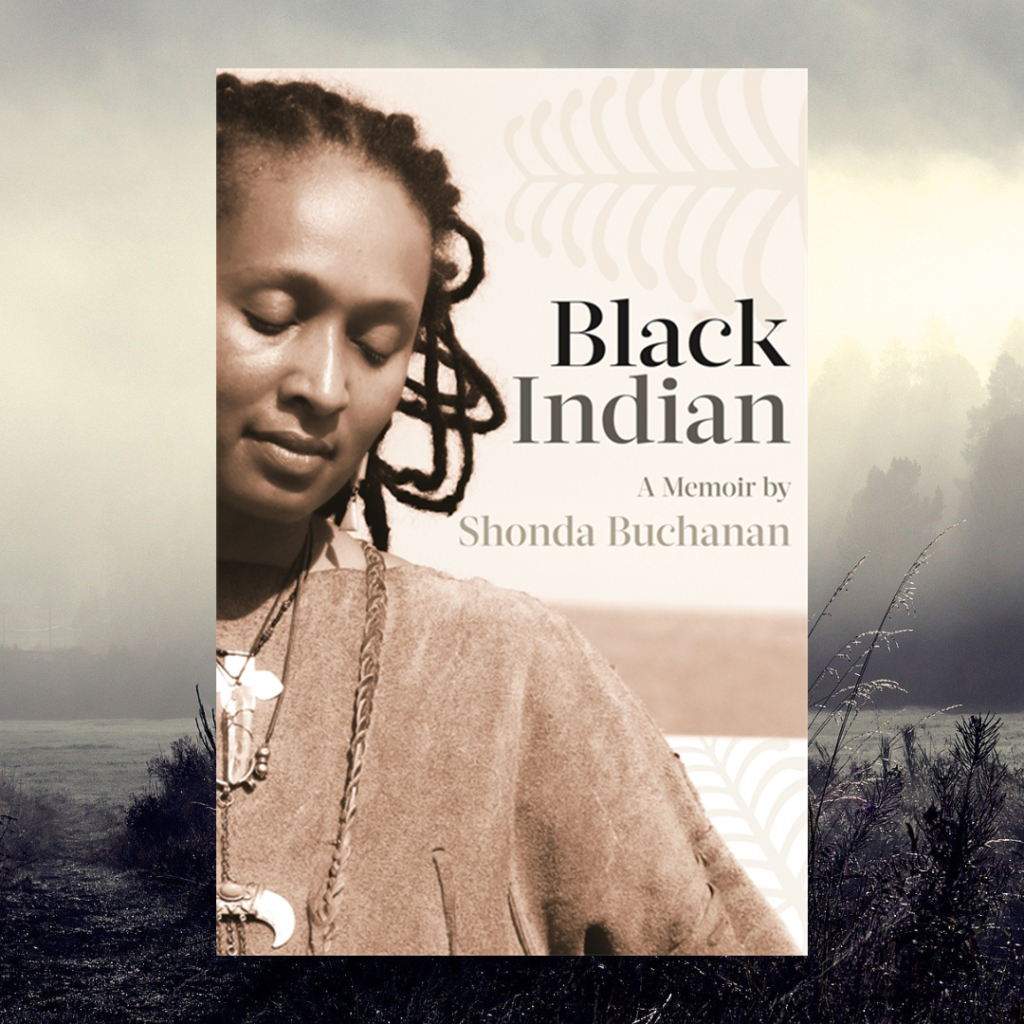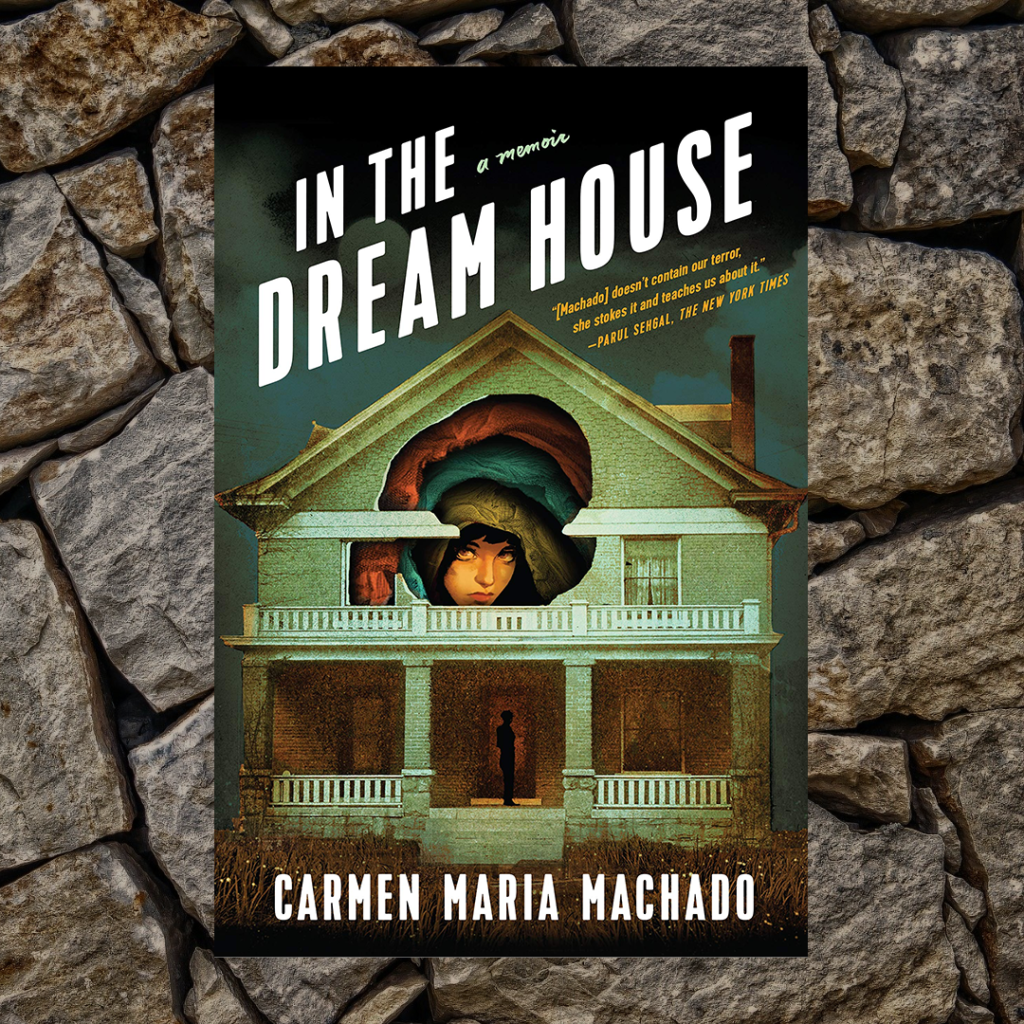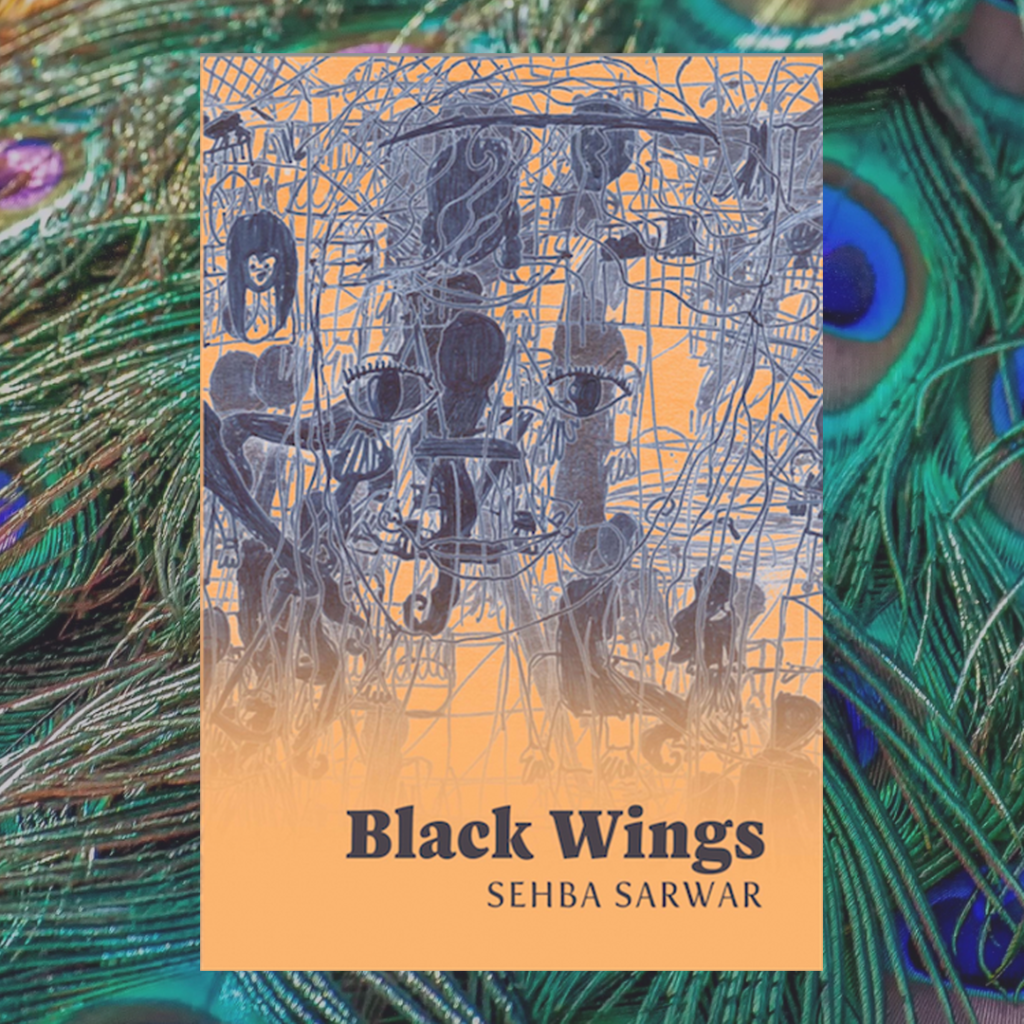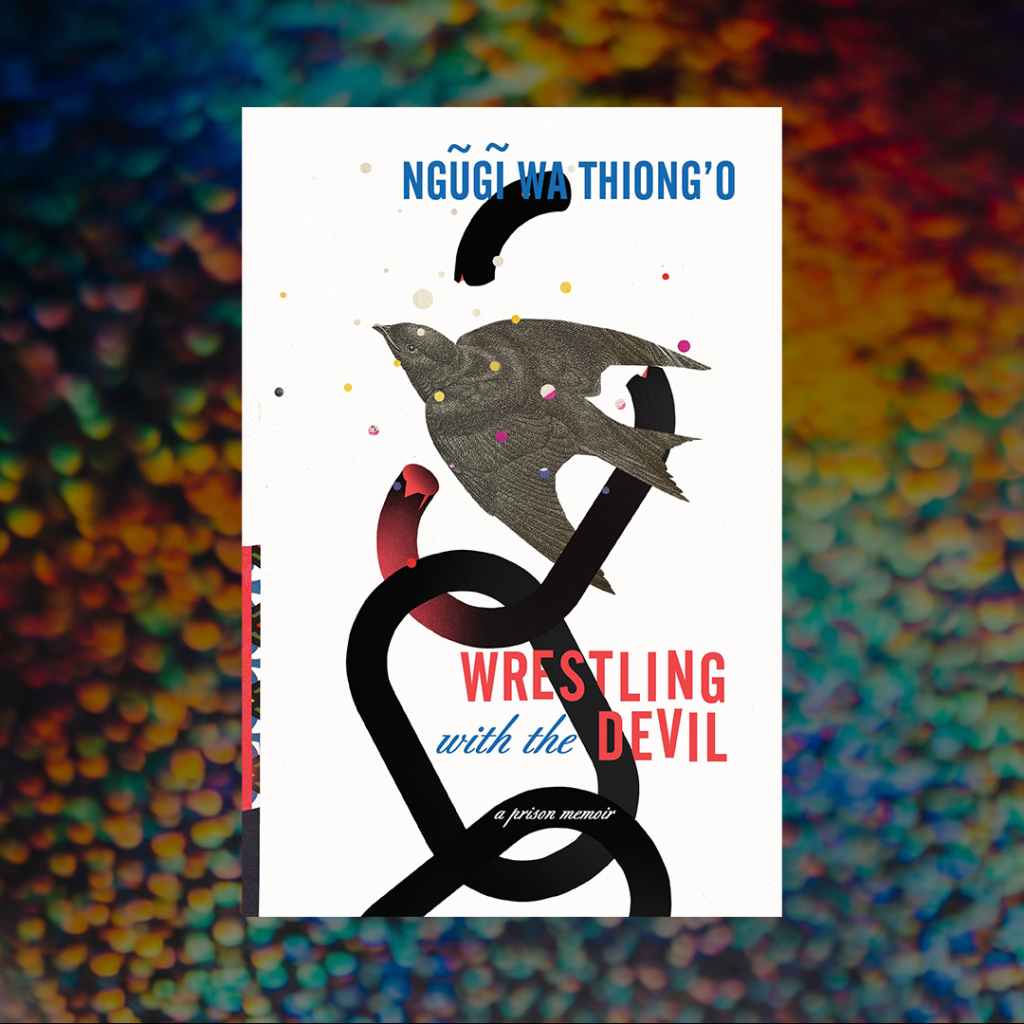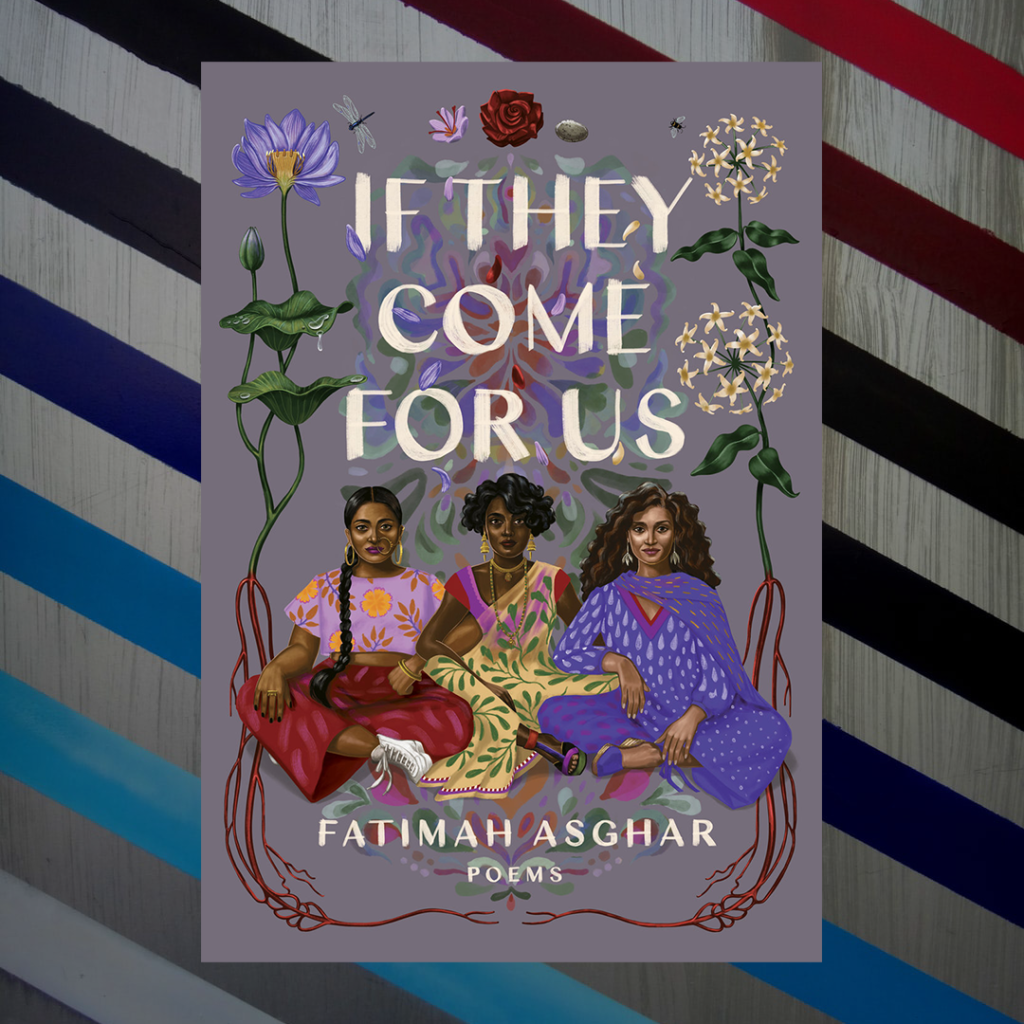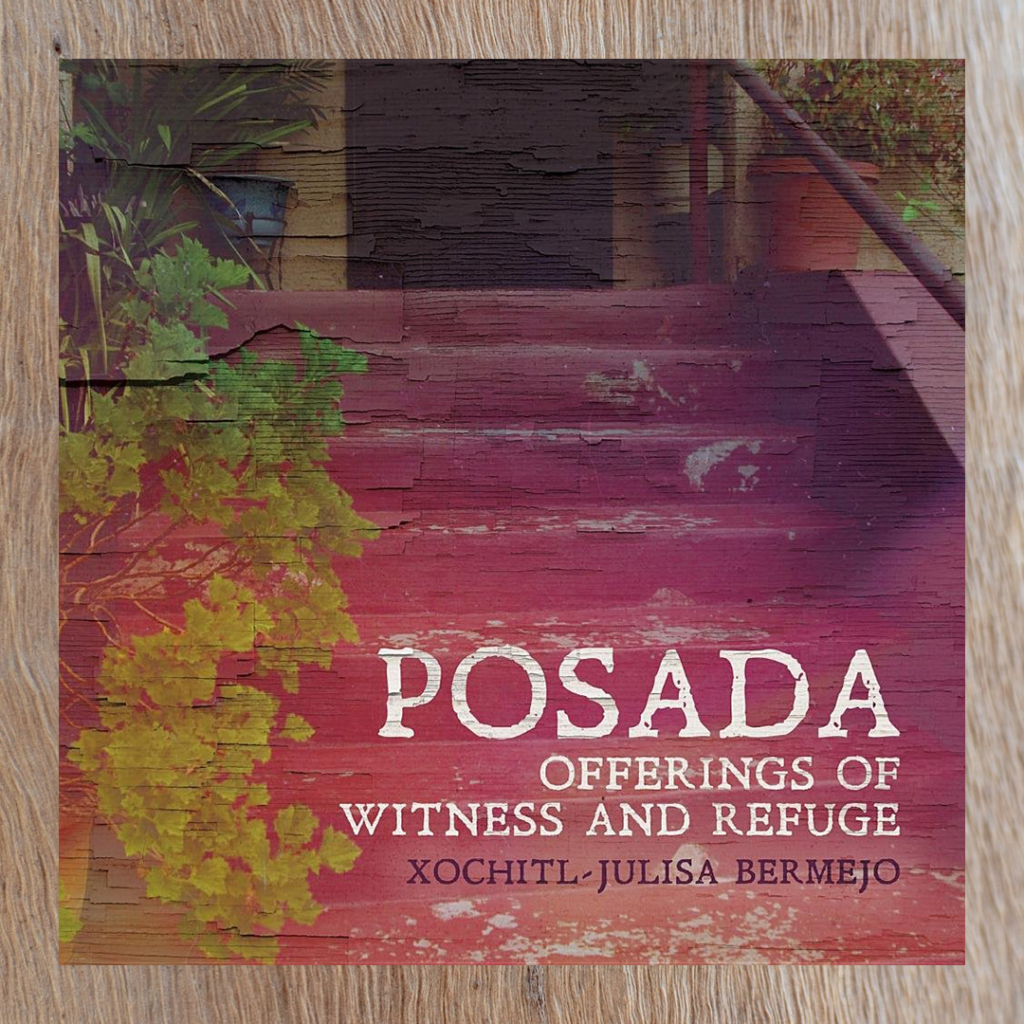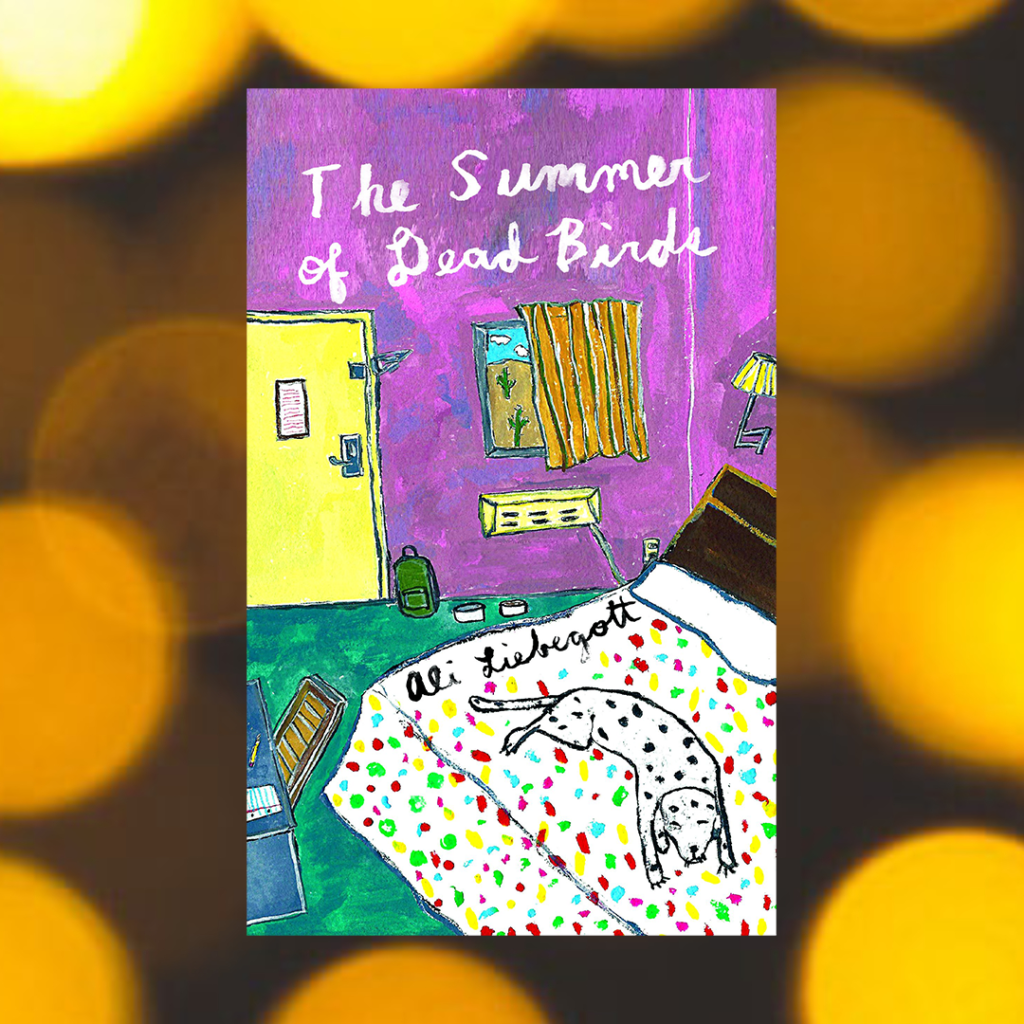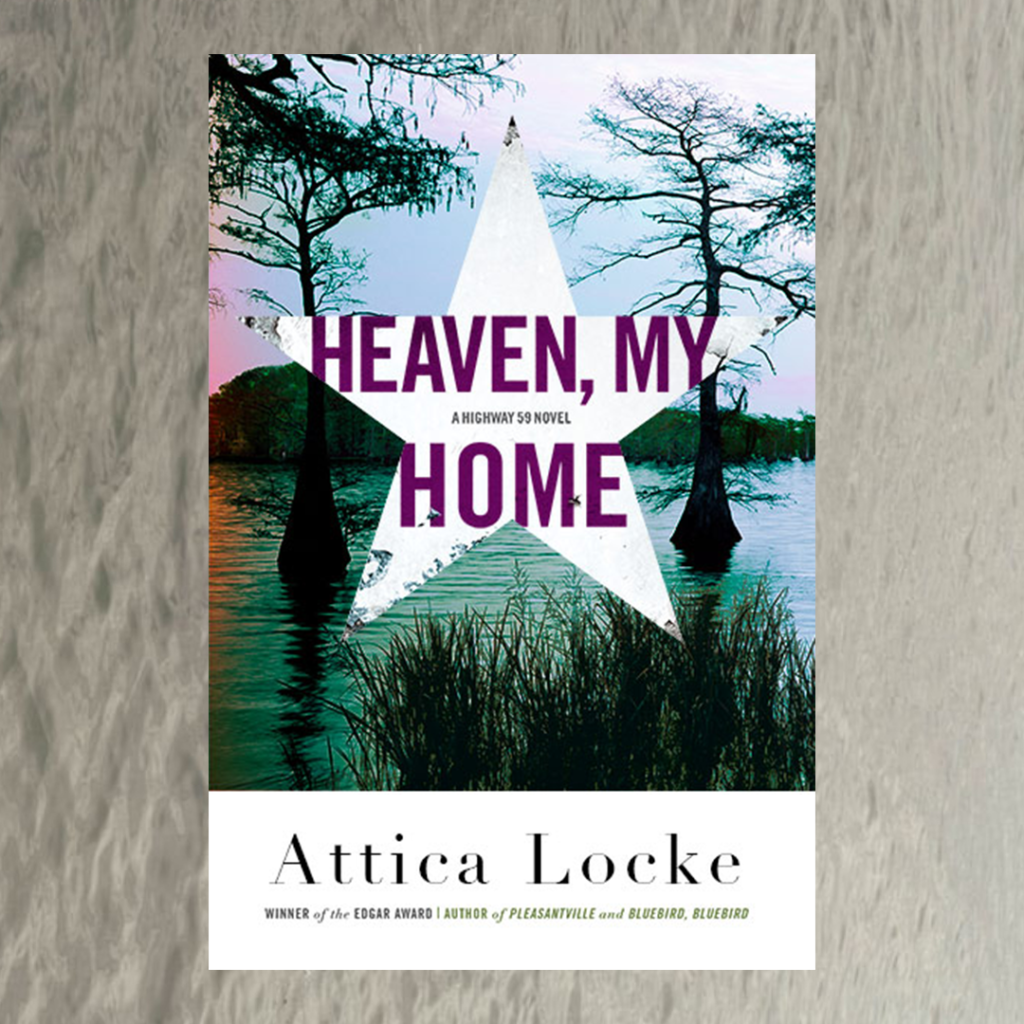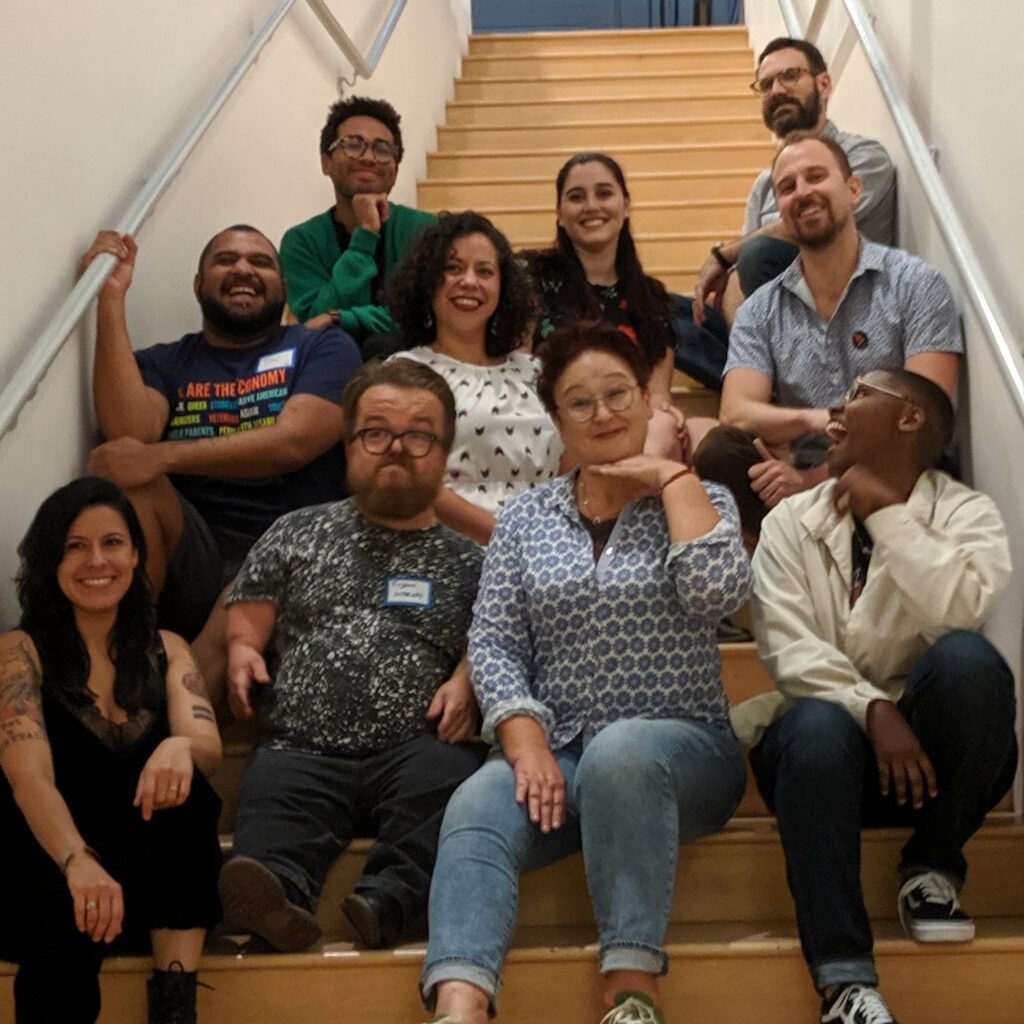“She makes it look so effortless,” said contributing essayist Monica Corcoran Harel during the February 2020 publication party at Chevalier’s Books for Slouching Towards Los Angeles: Living and Writing by Joan Didion’s Light. Harel was speaking of Didion’s writing and of her style. Didion’s choices about clothing and accessories big and small (bright yellow muscle cars and dark sunglasses) are celebrated, as is her ability to frame herself within her surroundings, especially while posing for photographs. The word “icon” came up more than a few times during the event that featured a rich conversation about the new anthology of Los Angeles writers examining her legacy.
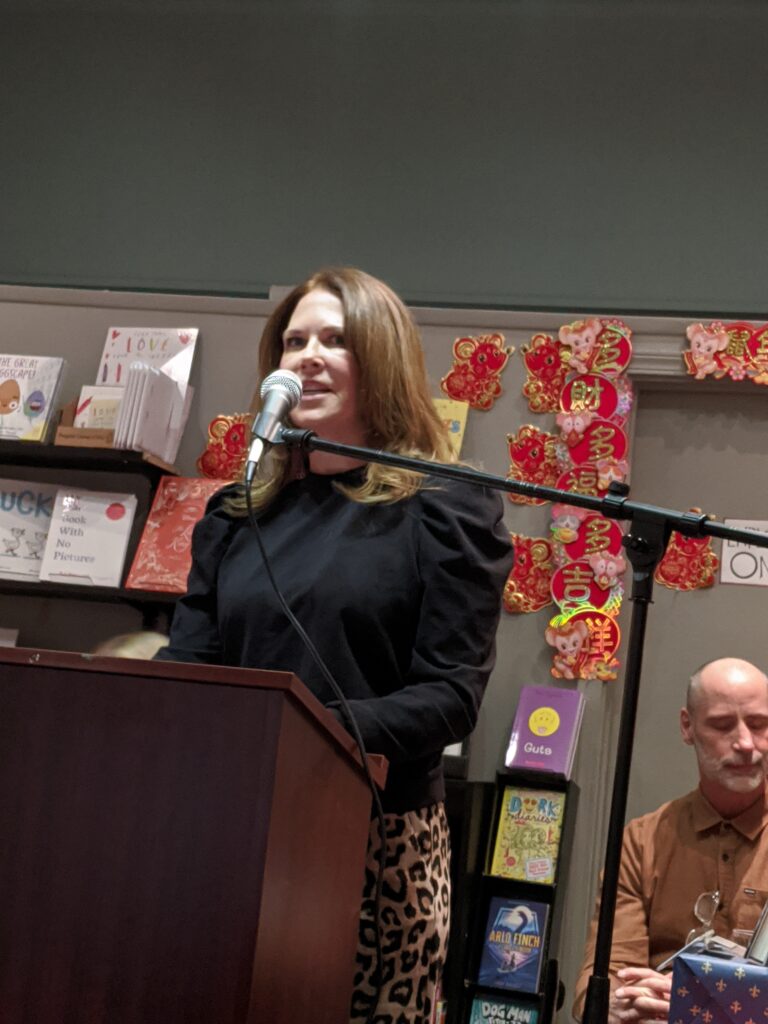
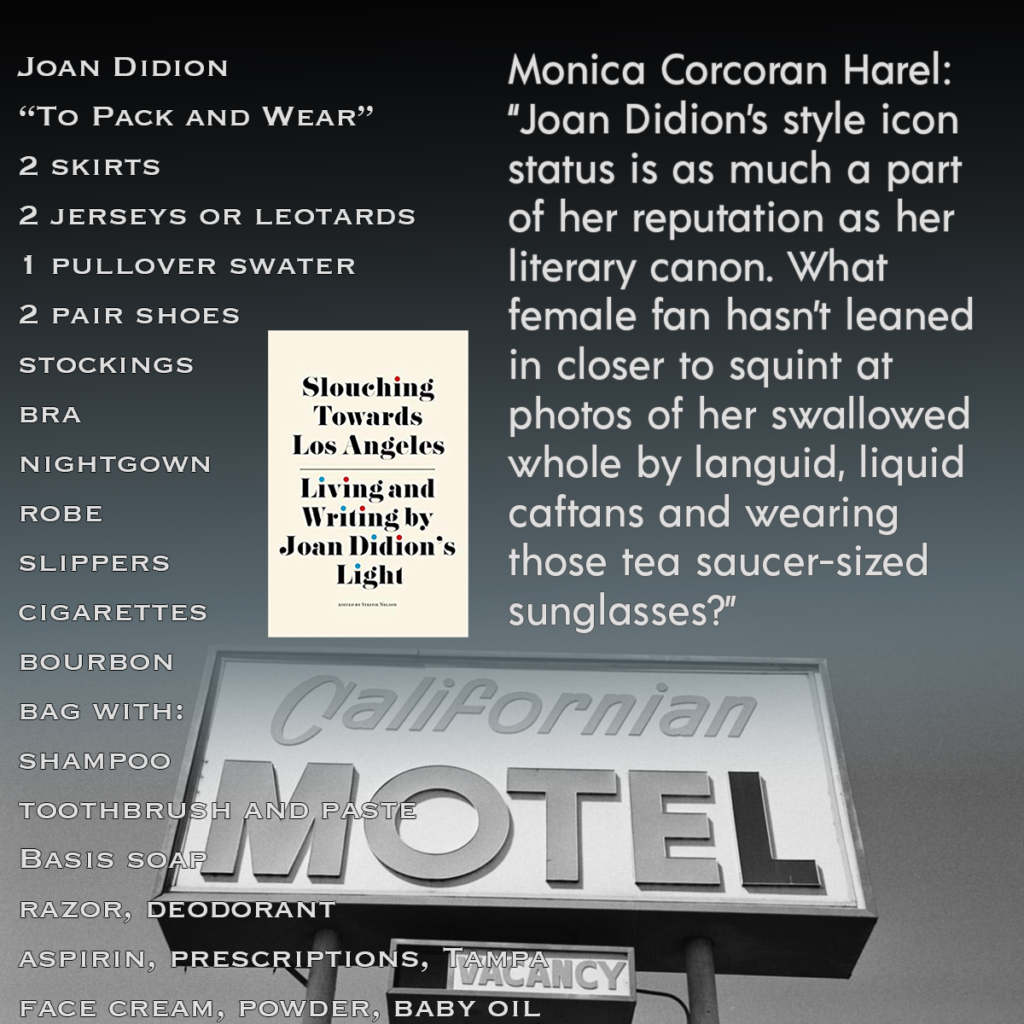
At the event, anthology editor Steffie Nelson presided at the podium introducing the contributors, four of who were female, a testament to the ground Didion broke while writing for The New York Times Magazine, Vogue, and The Saturday Evening Post during the 1960s. Her career skyrocketed from there.
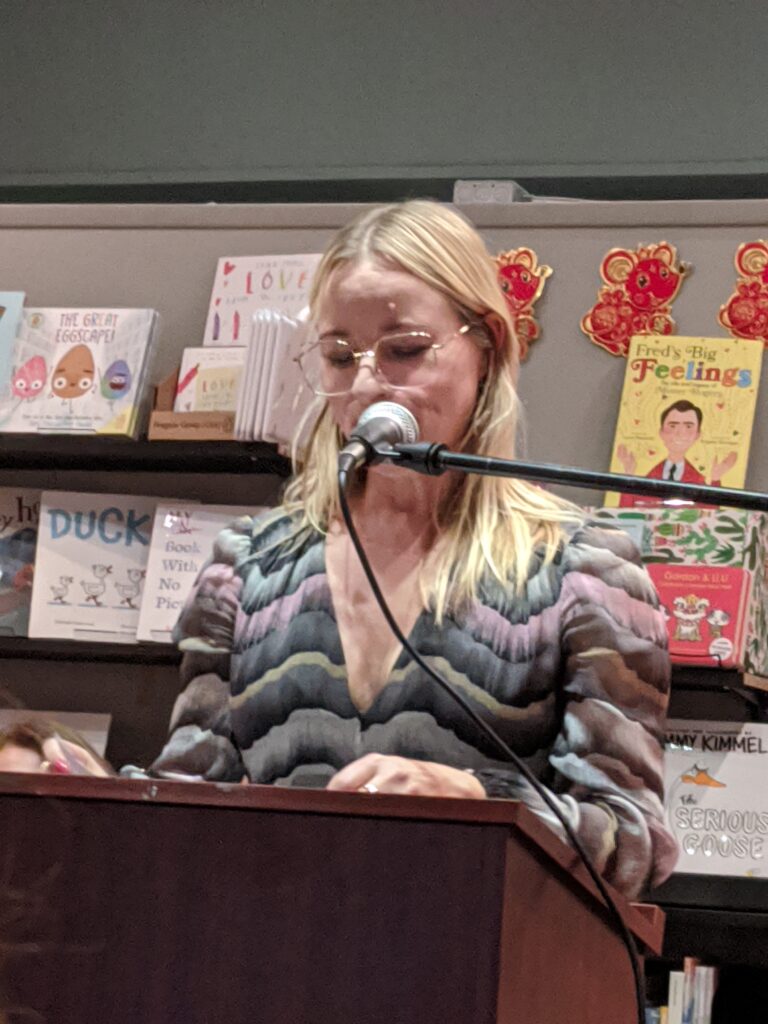
I listening to the discussion among contributors from the second row, feeling embarrassed and discomforted by the white wine seeping into the crotch of my pants. In trying to get a selfie showing the standing room only crowd, I’d spilled a very modest pour into my lap. It felt like a gallon. The selfie came out slightly blurry; a combination of genuine excitement and disappointed exasperation appears in my expression. Effortless? Definitely not.
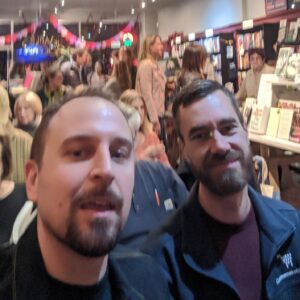
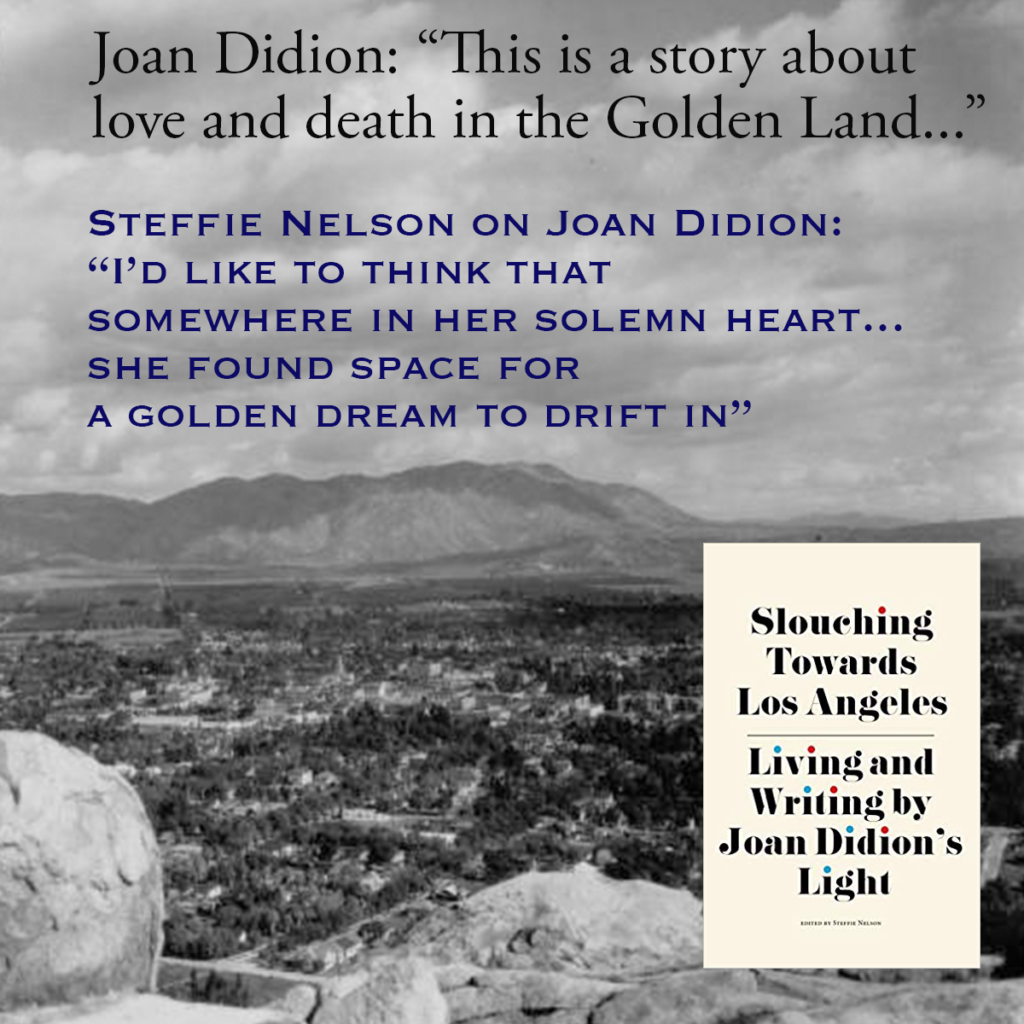
That is the point, however, to much of Didion’s writing. Her work may look effortless, but periods of writing droughts and doubts accompanied her productivity and success. As evidenced by the scope of contributors to Slouching Towards Los Angeles, Didion inspired generations of writers to pursue careers in journalism and creative writing; she never promised it would be easy. Her writing attests to the very opposite.
Among other topics, Didion’s essays explore both the siren song that attracts many writers to New York, the inevitable souring when New York no longer entrances, and the refuge that LA provides. Contributors Ann Friedman and Christine Lennon each trace their journeys following this well-trodden path, both ending up, as Didion did, in Los Angeles. Friedman writes, “New York was someone else’s story that I halfheartedly inhabited because I was painfully aware that I hadn’t yet written my own.” When asked during the event if any of Didion’s lines stuck in her head, she said, “Of course,” and echoed the classic line, “We tell ourselves stories in order to live.” Lennon described her journey driving cross-country, and said the inspiration for her essay came from a photograph of the writer-icon that hangs “in her powder room.”

Ann Friedman at Chevalier’s Books 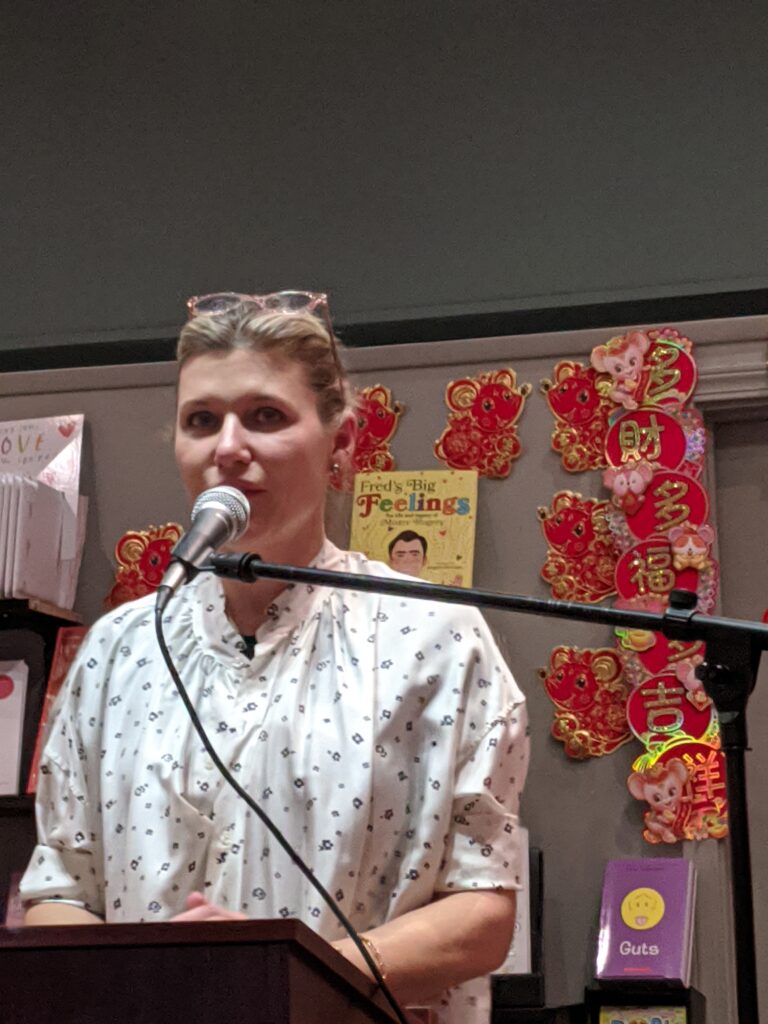
Christine Lennon at Chevalier’s Books
All this talk of Didion’s migration reminded me of my own fraught, brief relationship with New York. Like Didion, I was born and raised in Northern California and moved to New York as an ambitious young adult. But I was not yet committed to what I perceived as a financially nonviable writing career, and I knew internships at literary magazines couldn’t cover my expenses. While my stint lasted only a single year, that one New York winter provided vast portions of discontent and misery for this California native. Whereas Didion regretted staying at the party too long, perhaps I arrived too late.
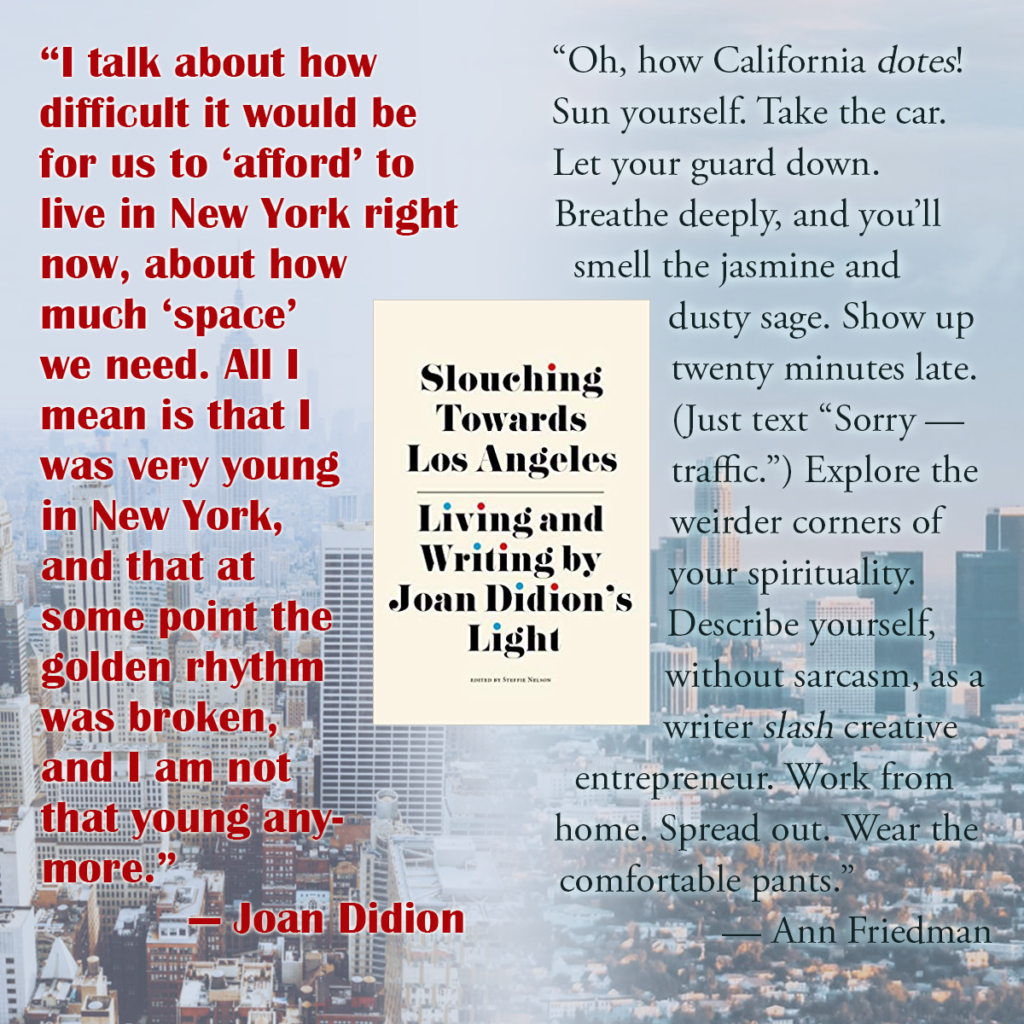
Upon my graceless return home to the San Francisco suburbs, I began to climb out of a slump of depression, failure, and self-doubt. I should have read more Didion in that moment instead of returning to my formative narrative refuges of science fiction and fantasy, which I re-read between moments of staring at the cracks in the ceiling of my old room in my parents’ house, wondering how to reboot my life.
Some things I learned from that period of recovery: a good diet, physical exercise, and a benign climate can do wonders for lifting one’s mood. So can fully embracing the literary impulse as I learned while taking creative writing classes at San Francisco State University. What is it about the act of writing that we find comforting?
In Heather John Fogarty’s essay, “On Keeping a Cookbook,” she investigates Didion’s notes about food prepared and served to a bevy of guests in her Malibu, Hollywood, and Brentwood homes. Fogarty ascribes the habit of note taking to a desire “to create a sense of order and connection to time and place… There is safety to be found in nostalgia, even if that safety is imagined and memory parts ways with the reality of the moment.” My own experience with note taking suggests that its potency lies in helping making sense of chaos at the time of writing, rather than to fuel nostalgia sometime in the future.
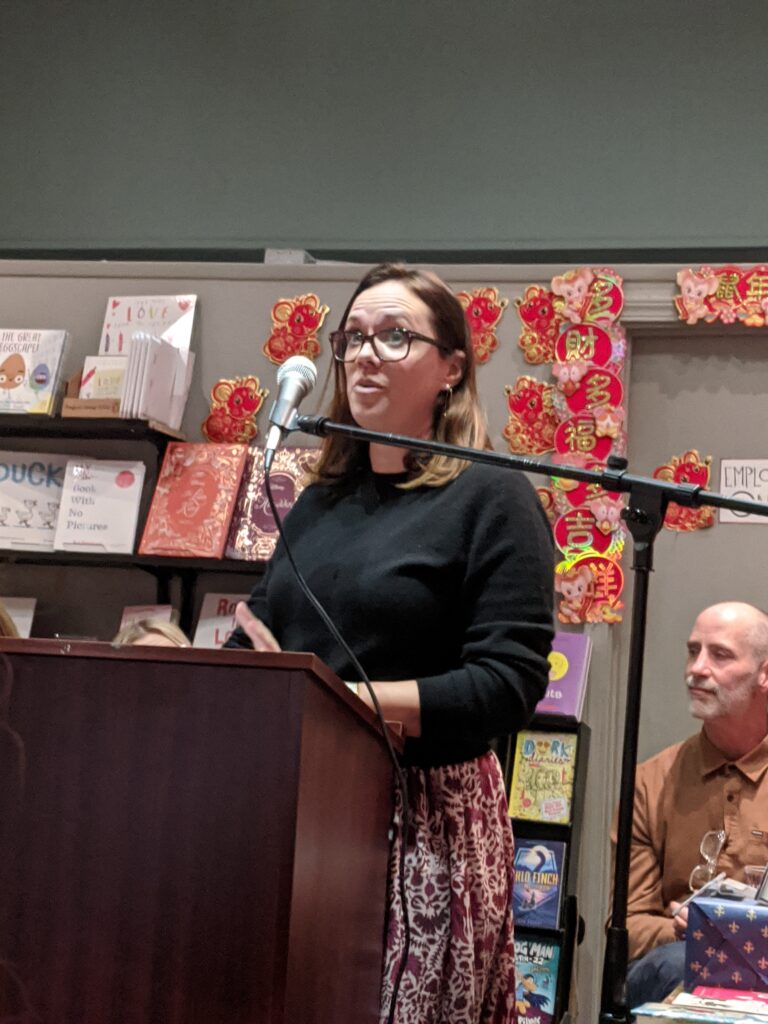
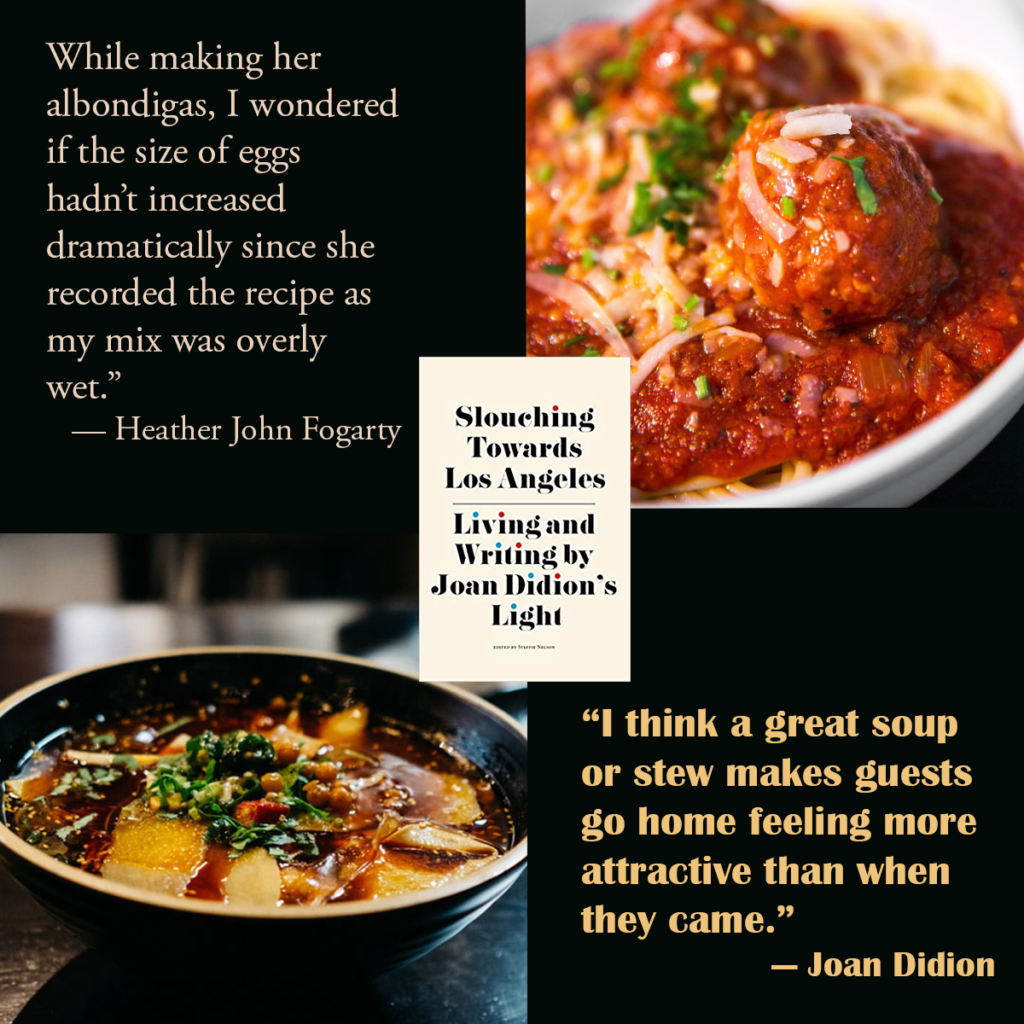
During the period of my recuperation, I threw away all my high school journals, a decision I knew would be consequential. The journals were full of painful memories, vividly rendered and perhaps not distant enough in time to be safe, yet they also captured details I can never recover. I suspected one day I might want to read my notes but decided instead that I needed to move forward, to create the life I wanted to live without being trapped by the records I kept. Not everything worth remembering fits well within the confines of a page or a photograph.
The question of how we reconcile our past now that we’re grown was raised explicitly by the lone male contributor present, Joe Donnelly, in his exploration of his evolving feelings toward two versions of The White Album: Didion’s essay collection and the Beatle’s album. During the event Donnelly sat apart, or more accurately, stood mostly to one side and apart. A small detail that alone signifies little. But—if I’m able to analyze the situation with a fraction of Didion’s meticulous insight—throughout the evening he commanded more than his share of attention.
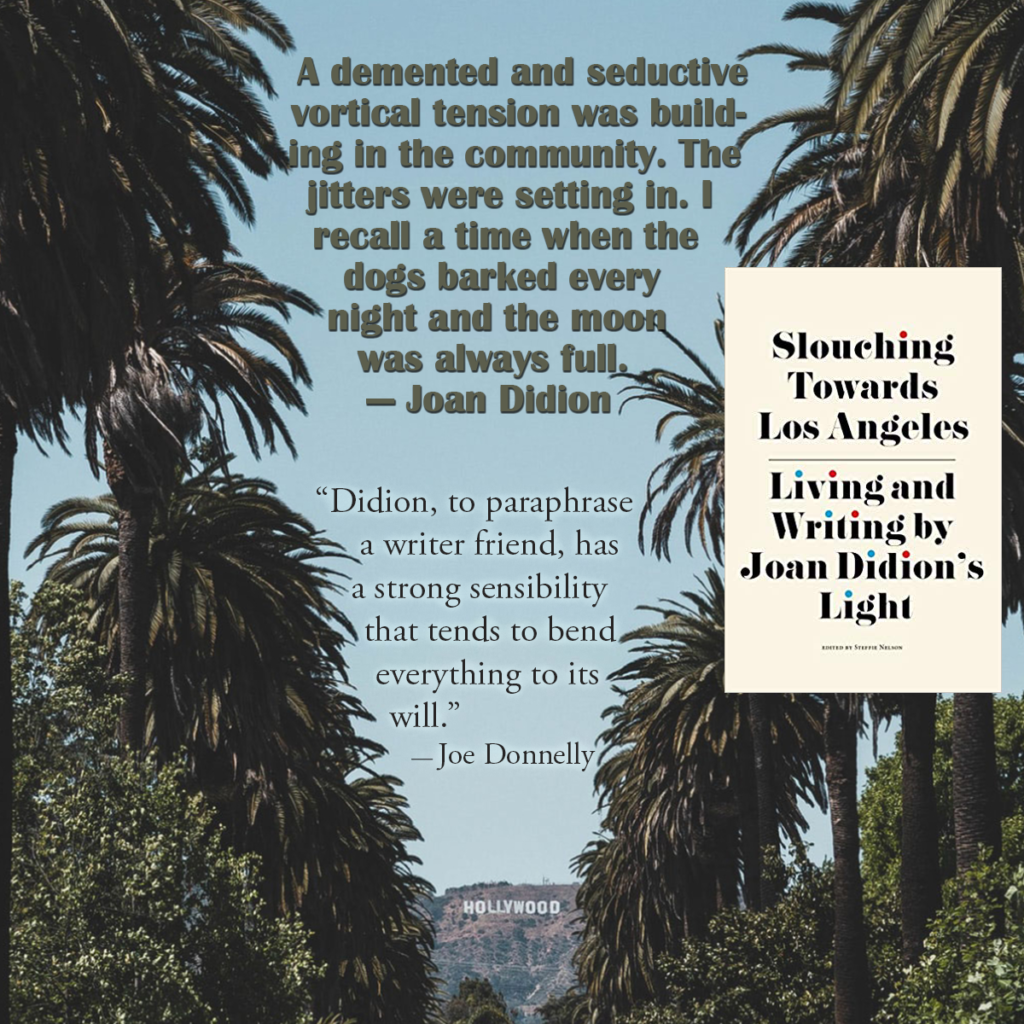
It never occurred to me in the moment to stand up and point to my wine-dampened crotch, grab some attention, and connect myself to the proceedings. If only I had the gumption to not care what anyone thought about me, my writing, or the spectacle-of-me, I might be writing memoir. I could fill a book with dozens of stories covering decades of adventures, but I’ve never wanted to create a spectacle of myself. But there was Didion, lurking in the frame, or just outside of it, as she spun stories about California and Los Angeles that were much bigger than they first appeared.
Reading Didion now, in light of how she impacted other writers as talented as those featured in Slouching Towards Los Angeles, puts me in a mind to expand the trajectory of my writing career and to excavate some of the stories buried in my memory. Studying the approach of the contributors to this anthology has opened some doors of possibility as surely as psychedelics open the doors of perception. I’m grateful to Nelson for exploring the byways and deep reservoirs of inspiration that Joan Didion has bestowed on us. I’m looking towards the horizon and imagining what might be coming our way to be born.

